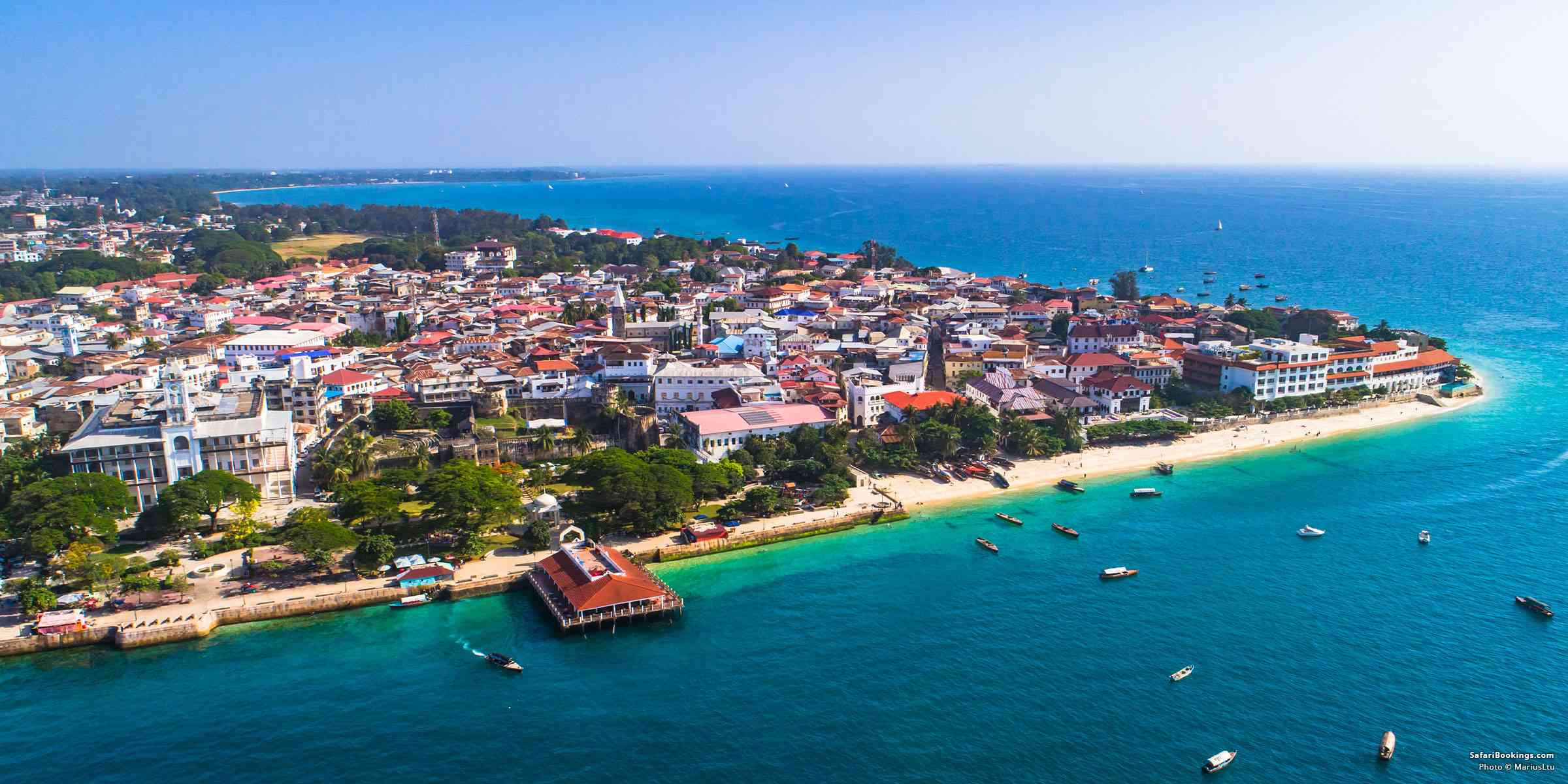𝐓𝐨𝐩 𝟏𝟎 𝐌𝐨𝐬𝐭 𝐃𝐞𝐯𝐞𝐥𝐨𝐩𝐞𝐝 𝐀𝐟𝐫𝐢𝐜𝐚𝐧 𝐂𝐨𝐮𝐧𝐭𝐫𝐢𝐞𝐬 (2025): HDI, Passport Access & Global Standing
Africa continues to emerge as a region of innovation, economic growth, and cultural influence. While development levels vary across the continent, several African nations have made remarkable progress in human development, infrastructure, and global diplomacy. In this 2025 edition, we rank the Top 10 Most Developed African Countries based on the Human Development Index (HDI) and passport access—two key indicators that reflect both internal progress and international engagement.
Whether you're exploring investment opportunities, planning travel, or simply seeking to understand Africa’s dynamic landscape, this guide breaks down everything you need to know.
What Defines a “Developed” Country?
The United Nations Development Programme (UNDP) uses the Human Development Index (HDI) to evaluate the development level of countries. This composite index considers:
- Life expectancy
- Education (literacy & enrollment)
- Gross National Income (GNI) per capita
- Access to the internet and quality of life indicators
Meanwhile, passport access, sourced from the Henley Passport Index, serves as a marker of a country’s global mobility and diplomatic ties, reflecting how easily its citizens can travel internationally.
Why Development and Passport Access Matter
A country's development level affects not only its citizens’ standard of living but also its ability to engage in global trade, attract tourism, and expand economic influence. Strong passport access suggests:
- Political stability
- Healthy diplomatic relations
- Economic confidence from the international community
Top 10 Most Developed African Countries in 2025
1. Mauritius
- HDI Score: 0.804 (Very High)
- Global Ranking: 66
- Passport Access: 151 countries
- Life Expectancy: 75.0 years
- GNI per Capita: USD 25,266
Mauritius remains the most developed country in Africa in 2025. Thanks to sound governance, strong public healthcare, and a growing tech and tourism sector, Mauritius leads with a "Very High" HDI score. Its globally respected passport offers easy travel to over 150 countries.
2. Seychelles
- HDI Score: 0.796 (High)
- Global Ranking: 67
- Passport Access: 156 countries
- Life Expectancy: 73.4 years
- GNI per Capita: USD 26,904
Seychelles continues to shine as a model of sustainable development and global connectivity. Its excellent infrastructure and tourism-driven economy help secure its place as the second most developed African nation.
3. Algeria
- HDI Score: 0.748 (High)
- Global Ranking: 91
- Passport Access: 56 countries
- Life Expectancy: 76.9 years
- GNI per Capita: USD 11,174
The largest country in Africa, Algeria combines oil wealth with improved healthcare and education systems. While its passport access remains modest, its HDI reflects strong internal development.
4. Tunisia
- HDI Score: 0.740 (High)
- Global Ranking: 95
- Passport Access: 71 countries
- Life Expectancy: 76.7 years
- GNI per Capita: USD 10,414
Following democratic reforms, Tunisia has steadily improved its human development indicators. It boasts a highly educated population and an increasingly diversified economy.
5. Botswana
- HDI Score: 0.735 (High)
- Global Ranking: 100
- Passport Access: 91 countries
- Life Expectancy: 69.6 years
- GNI per Capita: USD 16,437
Botswana has successfully transformed its diamond wealth into broad-based development, earning global praise for governance, education, and low corruption levels.
6. Libya
- HDI Score: 0.724 (High)
- Global Ranking: 105
- Passport Access: 40 countries
- Life Expectancy: 72.9 years
- GNI per Capita: USD 15,688
- Labour Productivity: $29.8/hour (Africa’s Highest)
Despite ongoing political instability, Libya maintains high HDI and leads the continent in labour productivity, thanks largely to its rich oil reserves.
7. South Africa
- HDI Score: 0.709 (High)
- Global Ranking: 114
- Passport Access: 108 countries
- Life Expectancy: 64.1 years
- GNI per Capita: USD 12,129
Africa’s most industrialized economy, South Africa is a hub for finance, mining, and manufacturing. While inequality remains a challenge, its passport access and global influence remain strong.
8. Egypt
- HDI Score: 0.707 (High)
- Global Ranking: 116
- Passport Access: 55 countries
- Life Expectancy: 72.0 years
- GNI per Capita: USD 11,466
- Labour Productivity: $27.1/hour
Egypt blends ancient heritage with modern economic reforms. It is a regional power with expanding infrastructure, education, and healthcare systems.
9. Gabon
- HDI Score: 0.703 (High)
- Global Ranking: 119
- Passport Access: 61 countries
- Life Expectancy: 66.5 years
- GNI per Capita: USD 13,930
Backed by oil exports and foreign investments, Gabon maintains strong economic indicators and a relatively high HDI for Central Africa.
10. Morocco
- HDI Score: 0.686 (High)
- Global Ranking: 121
- Passport Access: 71 countries
- Life Expectancy: 76.7 years
- GNI per Capita: USD 7,368
Known for its political stability and diversified economy, Morocco plays a strategic role bridging Africa and Europe. It’s a rising player in renewable energy, tourism, and manufacturing.
Passport Power: A Sign of Progress
Among the top 10, Seychelles and Mauritius lead not only in HDI but also in global mobility:
- Seychelles passport access: 156 countries
- Mauritius passport access: 151 countries
These rankings highlight the importance of strong diplomacy and international partnerships in modern development.
Africa’s Path Forward
While nations like Somalia, South Sudan, and the Central African Republic still face considerable challenges, the top-ranking countries show what’s possible with smart policy, investment in education, and global engagement.
As Africa continues to evolve, regional cooperation, digital transformation, and infrastructure investments will be key to lifting more nations into the "high development" category.
The Top 10 Most Developed African Countries in 2025 tell a story of resilience, growth, and ambition. These nations are not just rising on the charts—they’re reshaping how the world views Africa.
As we move deeper into the decade, watch for greater integration across trade, technology, and tourism—led by these pioneering nations.





